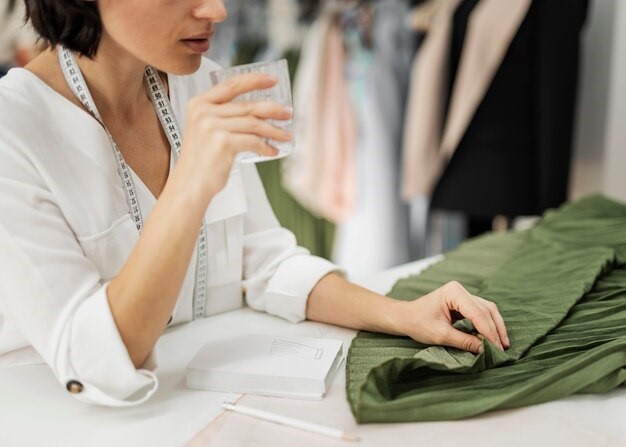
For those about to open a business selling clothes, or simply to anyone interested in how the chain of supply works within fashion, the difference between cloth manufacturers and distributors needs to be understood. Both play essential roles in the fashion industry, but they serve distinct purposes. Having a good grasp of the terminology helps ensure you’re well-informed. In this blog, we'll dive into what each does, how they differ, and how to choose the right partner for your business needs.
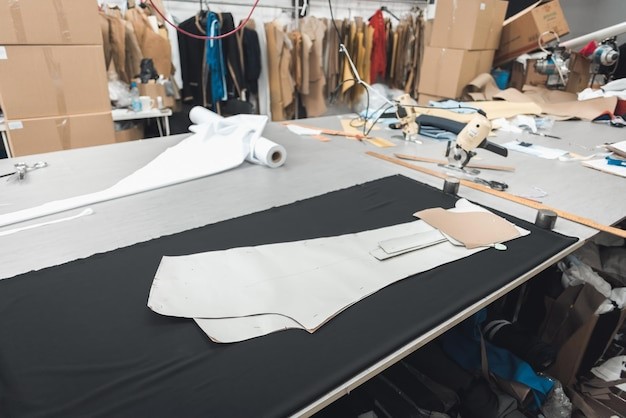
A clothing manufacturer is responsible for turning design ideas into tangible products. A clothing manufacturer produces clothing from raw materials. They manage the entire production process, including sample making, cutting fabric, sewing, and assembling garments. Their key responsibilities include:
Pros of Working with a Clothing Manufacturer:
A clothing distributor is an intermediary between the manufacturer and the retailer who buys in bulk and distributes through the right channels. More specifically, distributors ship products from point A, the manufacturer, to point B, the retailer, fashion brand, or customer. Also commonly referred to as wholesale clothing distributors. The major responsibilities of clothing distributors include:
Purchasing in Bulk: Buying in bulk from the manufacturers at wholesale prices.
Pros of Working with a Clothing Distributor:
One of the great benefits of wholesale is that clothing can appear in fashion brands’ stores and boutiques more quickly. Inventory can be moved quickly, and independent designers can get their products to market in a short period of time.
Likewise, if you’re a small business looking to make waves in the fashion world, wholesale clothing may not be for you. Why? Because there’s a better way.
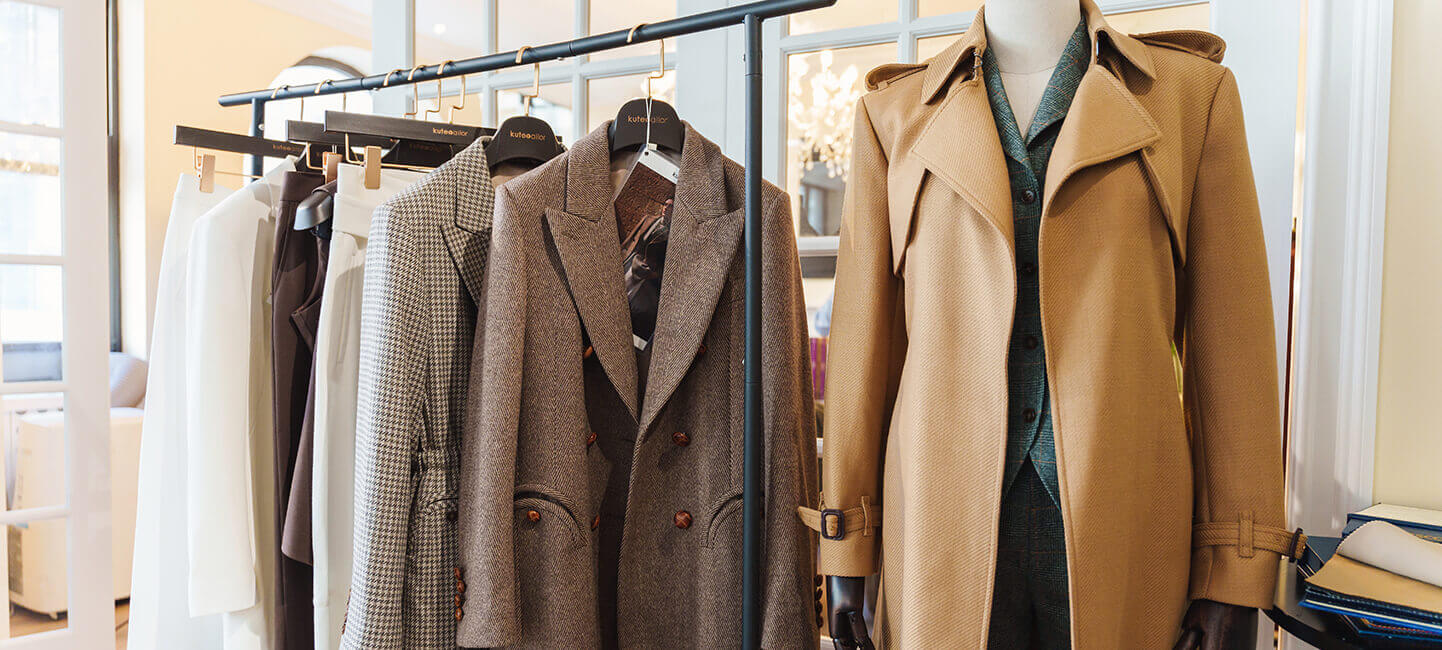
For those companies that would like to find a middle ground between manufacturing and distribution, there is private label apparel. Under private label arrangements, brands can:
This model balances exclusivity with efficiency, hence its popularity among new fashion brands seeking cost-effective solutions. Private label apparel is faster and more cost-effective for brands that want to sell unique products without investing much in the design and development process.
| Aspect | Clothing Manufacturers | Clothing Distributors |
| Role in the Supply Chain | Produces garments from raw materials | Distributes ready-made garments |
| Customization | High – allows custom designs | Limited – offers pre-made selections |
| Investment | Higher due to production setup costs | Lower due to pre-made stock availability |
| Control Over Product | High – full control from design to production | Low – limited influence on designs |
| Lead Time | Longer – requires development time | Shorter – quick turnaround time |
| Best For | Unique branding & designs | Quick market entry with minimal effort |
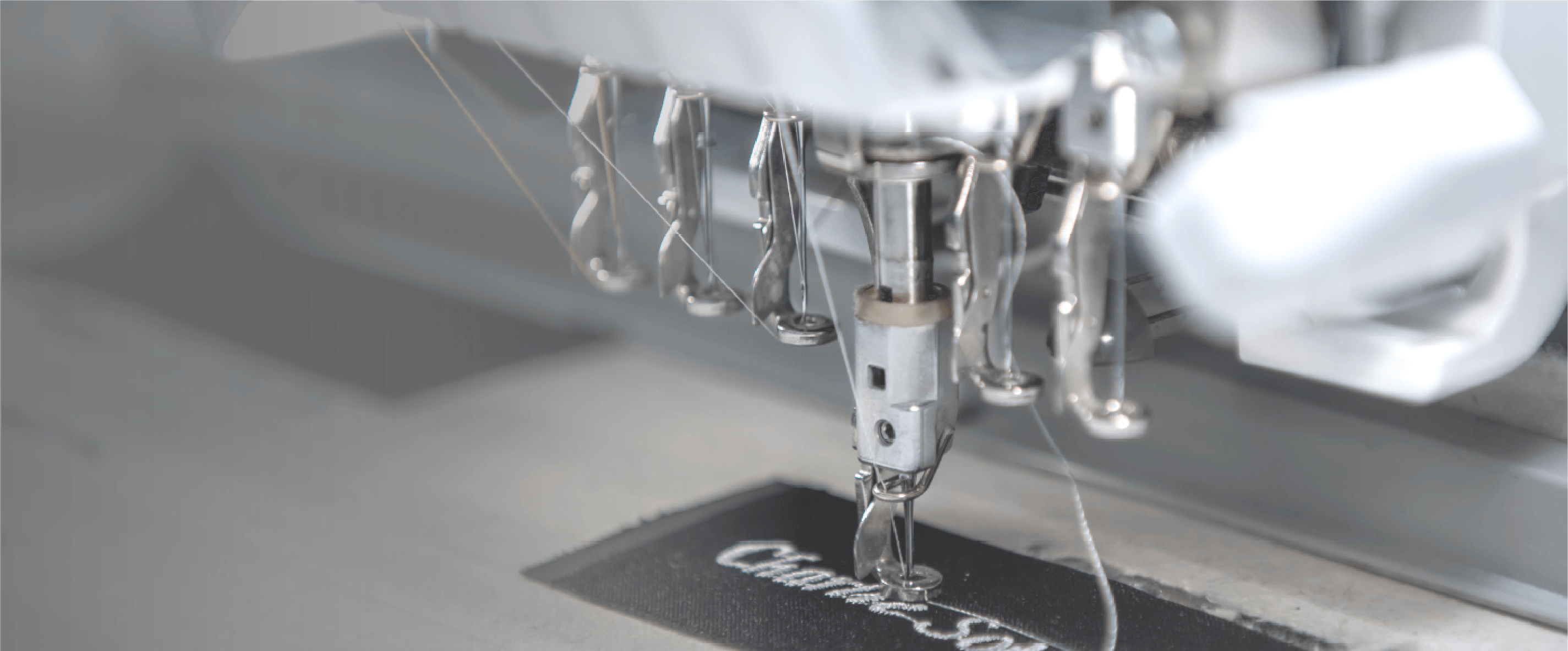
Often, the manufacturer and distributor are closely aligned in a working relationship. Some companies function as both manufacturers and distributors, providing services from production all the way through to distribution.
For example, most fashion brands create a custom line with the manufacturers and then utilize distributors to ensure proper logistics and retail product placement. This helps such products to move smoothly along the supply chain.
The first decision in selling clothing using either a manufacturer or distributor is: you can either make it or get a distributor for it. If you choose to manufacture them yourself, you will look for a cloth manufacturing company in order to meet orders. That might be time-consuming since you need to get concerned with all production aspects, although you have an upper hand when it comes to flexibility in prices and designs.
Other considerations:
With a view to making sure your partnership is going to be successful, here's how you should go about selecting a clothing manufacturer or distributor:
If you are a startup that needs help finding the right partner, our How to Choose Clothing Manufacturers for Startups can be a valuable resource.
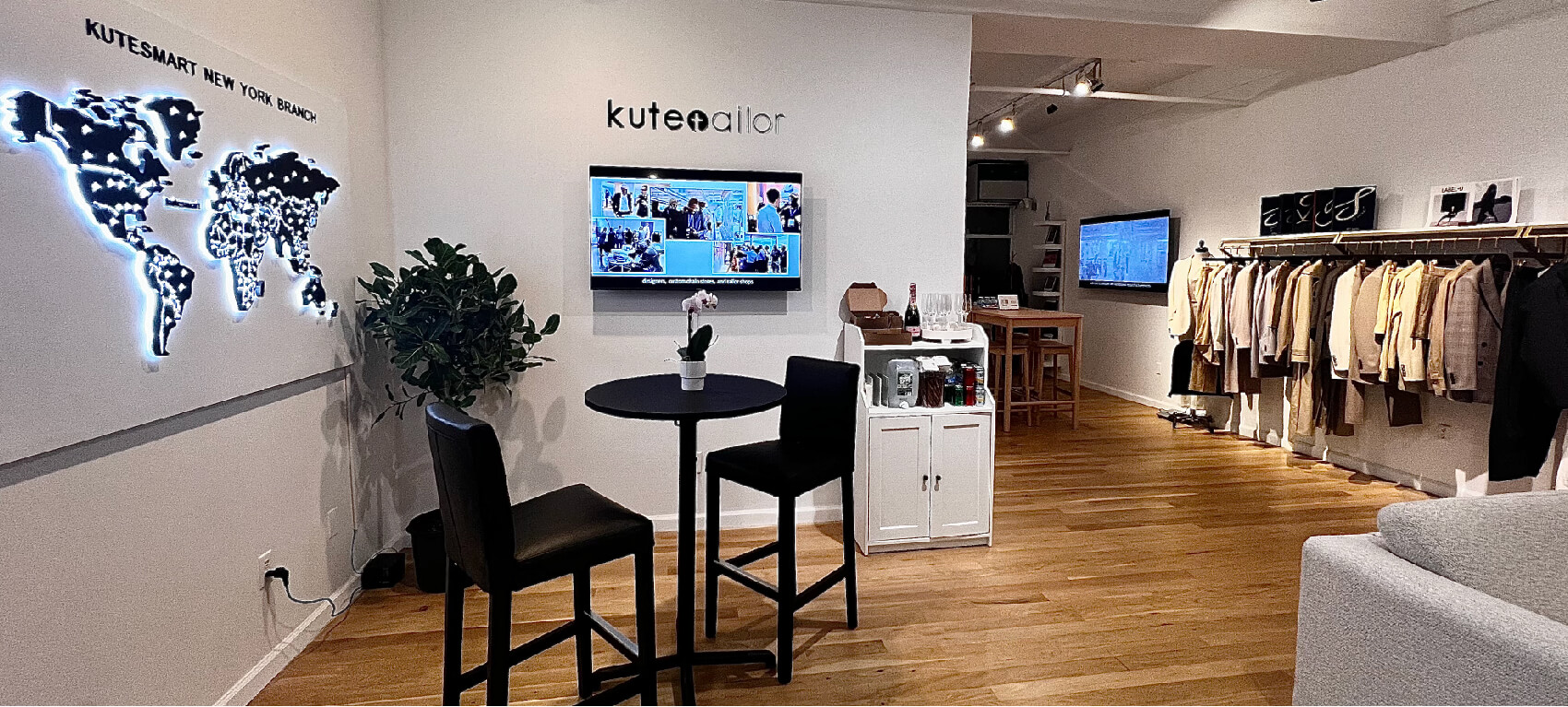
The difference between a clothing manufacturer and a distributor is important to understand for any smart business decisions in the fashion industry. Whether you are seeking full creative control through manufacturing or a hassle-free distribution solution, knowing your options will help you choose the right path. The decision of who to work with ultimately comes down to what your budget allows and your business priorities.
At Kutetailor, we help fashion entrepreneurs realize their ideas with the best cloth manufacturing services. Feel free to contact us today and discuss how we can take part in your clothing brand's success.
A: Well, that would depend on what exactly one intends to achieve. If custom designs and brand identity are needed, then go for the manufacturer; if quicker access to products is your aim, then it should be the distributor.
A: Yes, some businesses offer both services to streamline the process.
A: Private label clothing allows customization on existing designs, while manufacturing involves creating unique products from scratch.
A: MOQs vary depending on the manufacturer, but typically range from a few hundred to thousands of units.
A: Request samples, visit production facilities if possible, and set clear quality control guidelines.